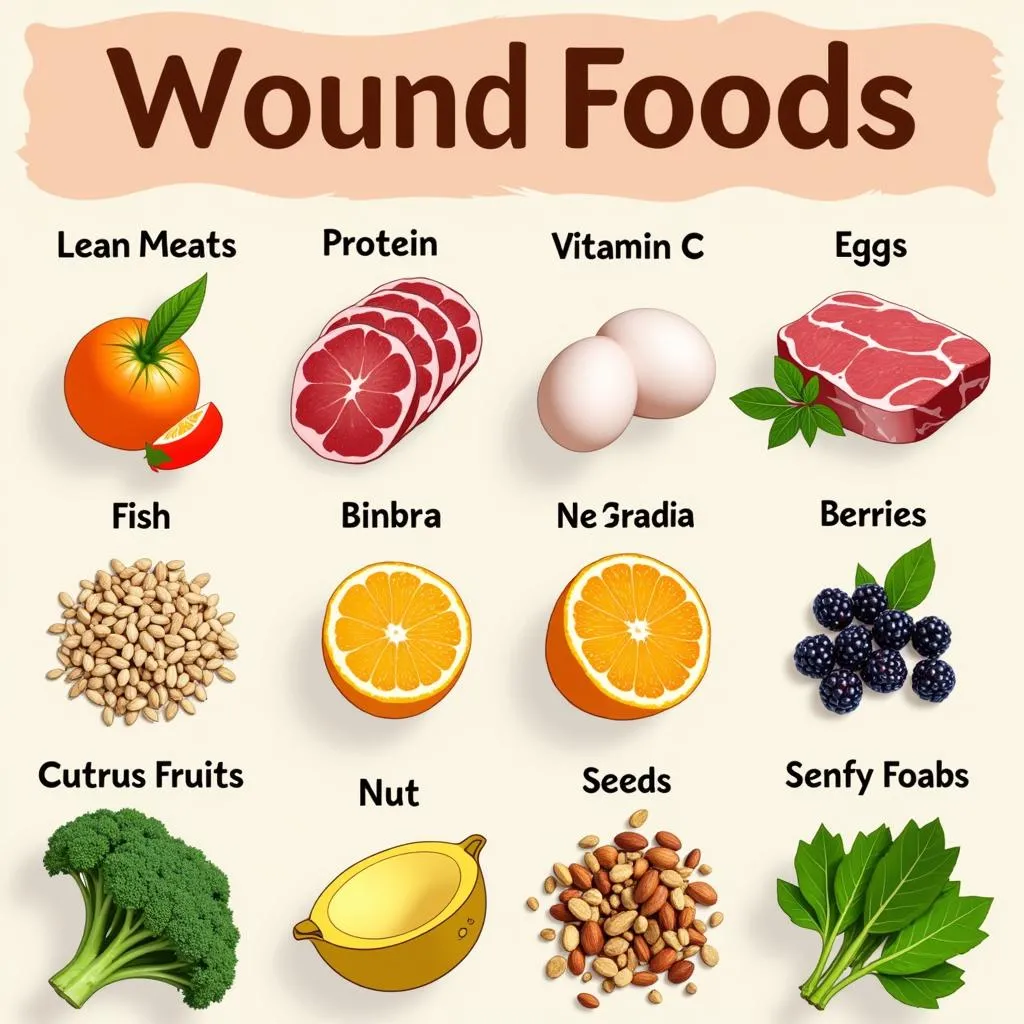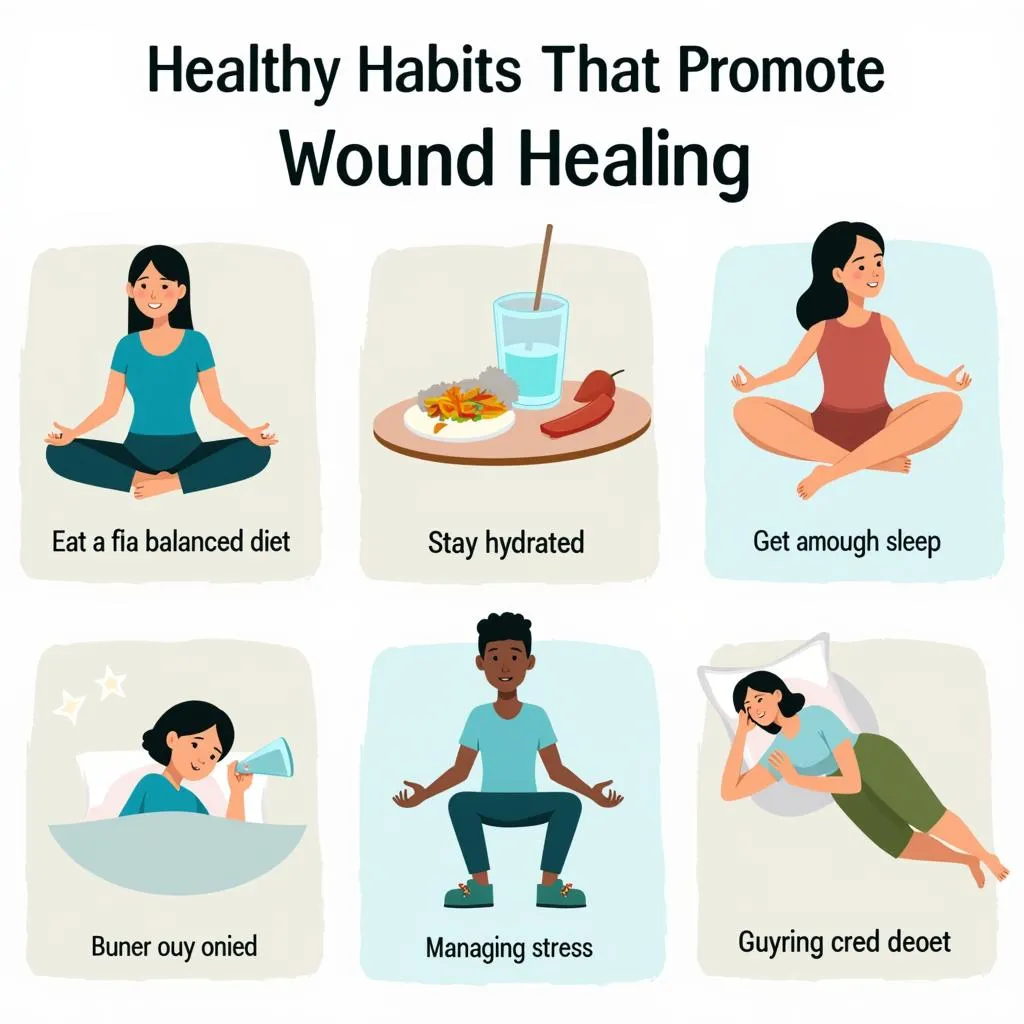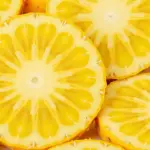Remember the time you were a kid, and your grandma would say, “Eat your greens, they’ll help you heal faster”? Well, turns out, she was onto something! What you eat plays a crucial role in how well your body repairs itself, especially when it comes to open wounds. So, if you’re nursing a cut, scrape, or surgery incision, fueling your body with the right nutrients can make all the difference.
Foods to the Rescue!
Let’s dive into the superhero foods that can help you heal from the inside out:
1. Protein Powerhouses
Protein is the building block of tissues, making it essential for wound healing. Think of it as the construction crew working tirelessly to repair damaged skin and form new cells.
- Lean meats: Chicken, turkey, fish, and lean beef are packed with protein.
- Eggs: A protein-rich breakfast staple that’s easy to digest.
- Dairy products: Milk, yogurt, and cheese provide calcium and vitamin D, which are also important for wound healing.
- Legumes: Beans, lentils, and chickpeas are excellent plant-based sources of protein.
2. Vitamin C Champions
Vitamin C is a potent antioxidant that helps boost collagen production, a key component of skin and scar tissue. It also plays a vital role in fighting infection, keeping your wound clean and healthy.
- Citrus fruits: Oranges, grapefruits, lemons, and limes are vitamin C superstars.
- Berries: Strawberries, blueberries, raspberries, and blackberries are not only delicious but also rich in vitamin C.
- Bell peppers: These colorful veggies pack a surprising amount of vitamin C.
- Tomatoes: A versatile ingredient that adds flavor and vitamin C to your meals.
3. Zinc Boosters
Zinc is a trace mineral that supports cell growth and division, crucial for wound repair. It also helps regulate inflammation and strengthens your immune system.
- Oysters: These are one of the best sources of zinc, but you can also get it from other seafood like crab and lobster.
- Red meat: Beef, lamb, and pork are good sources of zinc.
- Nuts and seeds: Pumpkin seeds, cashews, and almonds are zinc-rich snacks.
- Beans: Chickpeas, lentils, and kidney beans are all good sources of zinc.
4. Iron Warriors
Iron is essential for red blood cell production, which carries oxygen to your tissues. This oxygen delivery is crucial for wound healing.
- Lean red meat: Beef is a top source of heme iron, which is easily absorbed by the body.
- Poultry: Chicken and turkey are also good sources of iron.
- Seafood: Fish, especially shellfish, is a good source of iron.
- Leafy green vegetables: Spinach, kale, and collard greens are good sources of non-heme iron.
 Foods for wound healing
Foods for wound healing
What to Avoid
While focusing on the good, it’s also essential to avoid foods that can hinder the healing process:
- Sugary drinks and processed foods: These can spike your blood sugar levels, leading to inflammation and slowing down wound healing.
- Alcohol: Alcohol can dehydrate your body and interfere with blood clotting, which can delay healing.
- Spicy foods: While not everyone experiences problems with spicy food, they can irritate some wounds and cause discomfort.
Traditional Vietnamese Wisdom
In Vietnam, there’s a saying, “Ăn gì bổ nấy,” which translates to “Eat what you need to replenish.” This age-old wisdom highlights the importance of food as medicine. Traditionally, Vietnamese people believe in the healing power of certain foods, and this extends to wound care.
For instance, chicken soup, known as “cháo gà” in Vietnamese, is considered a healing elixir for those recovering from illness or surgery. It’s packed with protein and collagen, making it a perfect choice for wound healing.
Ask the Expert
Dr. Nguyen Thi Lan, a renowned nutritionist in Ho Chi Minh City, emphasizes the importance of a balanced diet for optimal wound healing. In her book, “The Vietnamese Way to Heal,” she recommends incorporating a variety of nutrient-rich foods from all food groups to support the body’s natural healing mechanisms.
FAQs about Wound Healing and Diet
Q: How long does it take for a wound to heal?
A: The healing time for a wound varies depending on its size, depth, location, and overall health. Minor cuts and scrapes may heal within a week or two, while deeper wounds or surgical incisions can take several weeks or even months.
Q: Can what I eat really affect my wound healing?
A: Absolutely! Your body needs specific nutrients to repair tissues and fight infection. A diet lacking in essential nutrients can slow down the healing process and increase the risk of complications.
Q: Are there any specific foods I should avoid after surgery?
A: Yes, it’s best to avoid foods that can irritate your digestive system, such as spicy foods, high-fiber foods, and carbonated beverages. You should also avoid alcohol and caffeine as they can dehydrate you and interfere with medication.
Beyond Food
While a healthy diet is crucial for wound healing, it’s not the only factor. Other things that can help include:
- Keeping the wound clean and dry.
- Following your doctor’s instructions for wound care.
- Getting enough rest.
- Managing stress.
- Quitting smoking.
 Healthy lifestyle for wound healing
Healthy lifestyle for wound healing
Need Help Planning Your Healing Diet?
If you’re unsure about what to eat or have specific dietary restrictions, it’s always best to consult with a healthcare professional or registered dietitian. They can help you create a personalized meal plan that meets your individual needs and supports optimal wound healing.
Remember, your body is a remarkable machine, and with the right fuel, it can heal and recover even from the toughest of injuries.
Explore More with TRAVELCAR
Looking for more tips on staying healthy and exploring Hanoi? Check out our other articles:
- Must-Try Street Food in Hanoi’s Old Quarter: Discover the vibrant culinary scene of Hanoi and indulge in delicious local delicacies.
- Hidden Gems of Hanoi: Off-the-Beaten-Path Attractions: Explore the lesser-known corners of Hanoi and experience its unique charm.
- Getting Around Hanoi: A Guide to Transportation: Navigate the bustling streets of Hanoi with ease using our comprehensive transportation guide.
Need a ride to that hidden gem restaurant or a tour of the city’s best food stalls? TRAVELCAR provides reliable and affordable car rental services in Hanoi, including 16-seater, 29-seater, and 45-seater vehicles.
Contact us:
Phone: 0372960696
Email: [email protected]
Address: 260 Cau Giay, Hanoi
We have a 24/7 customer support team ready to assist you.
